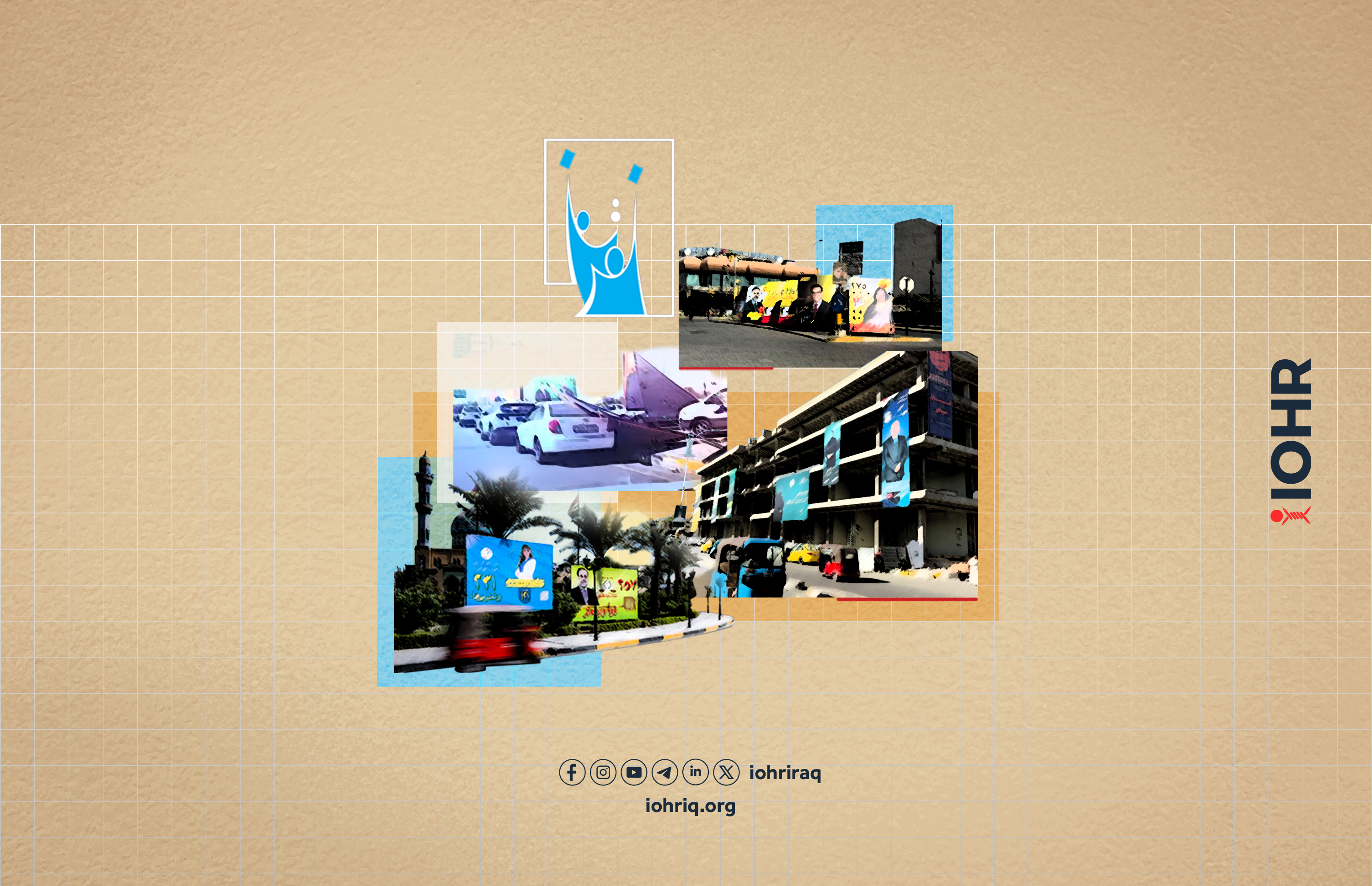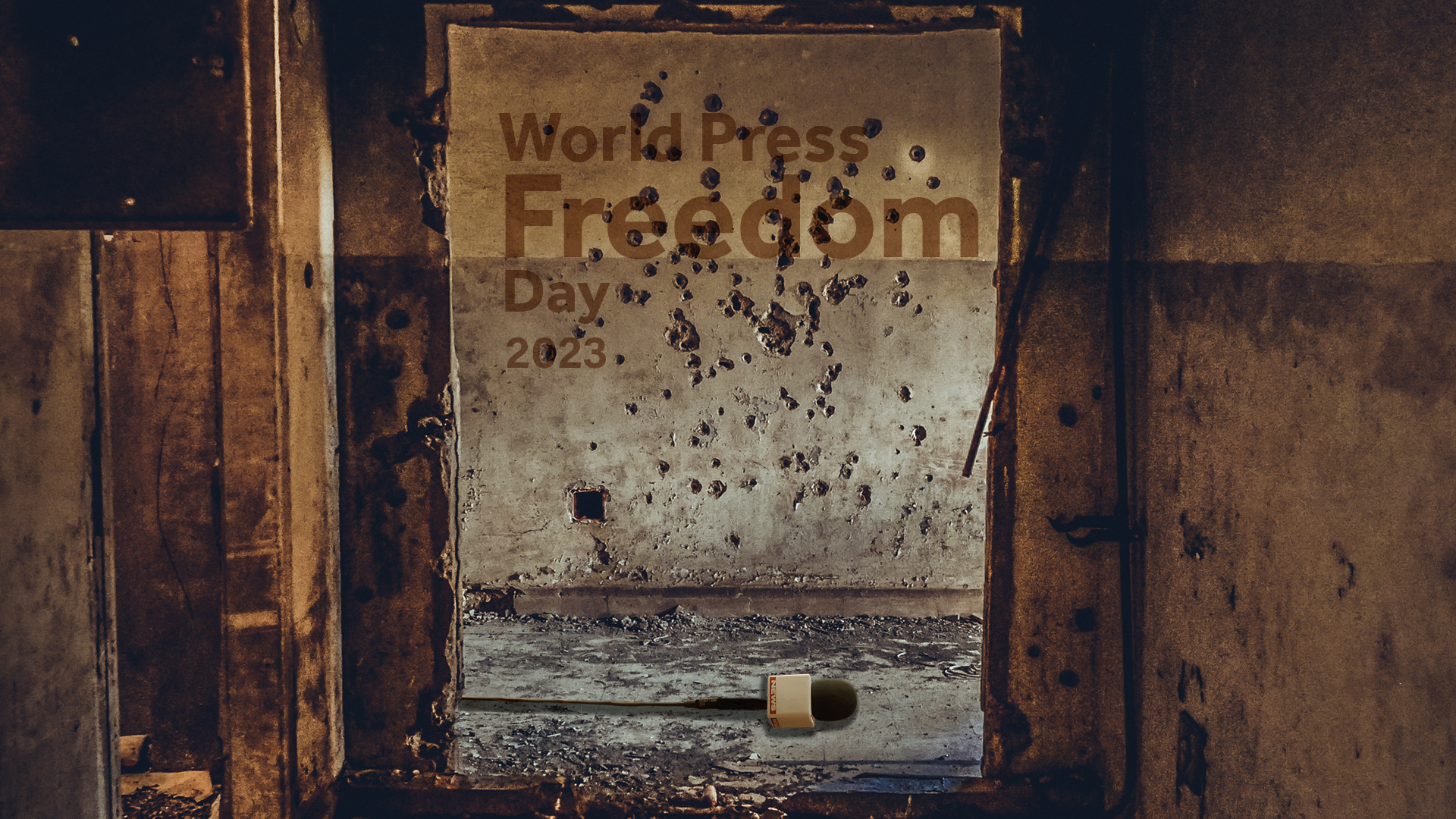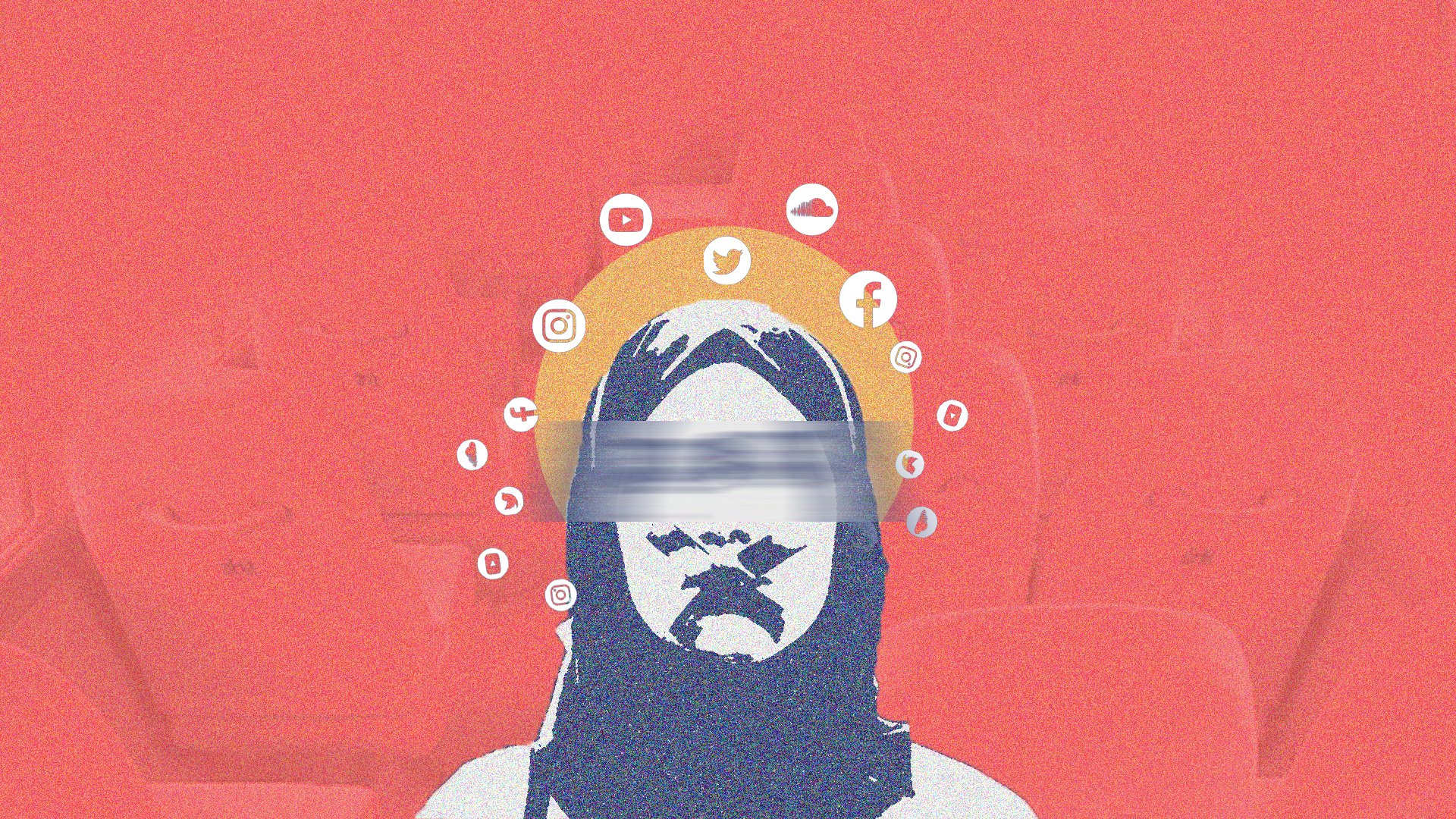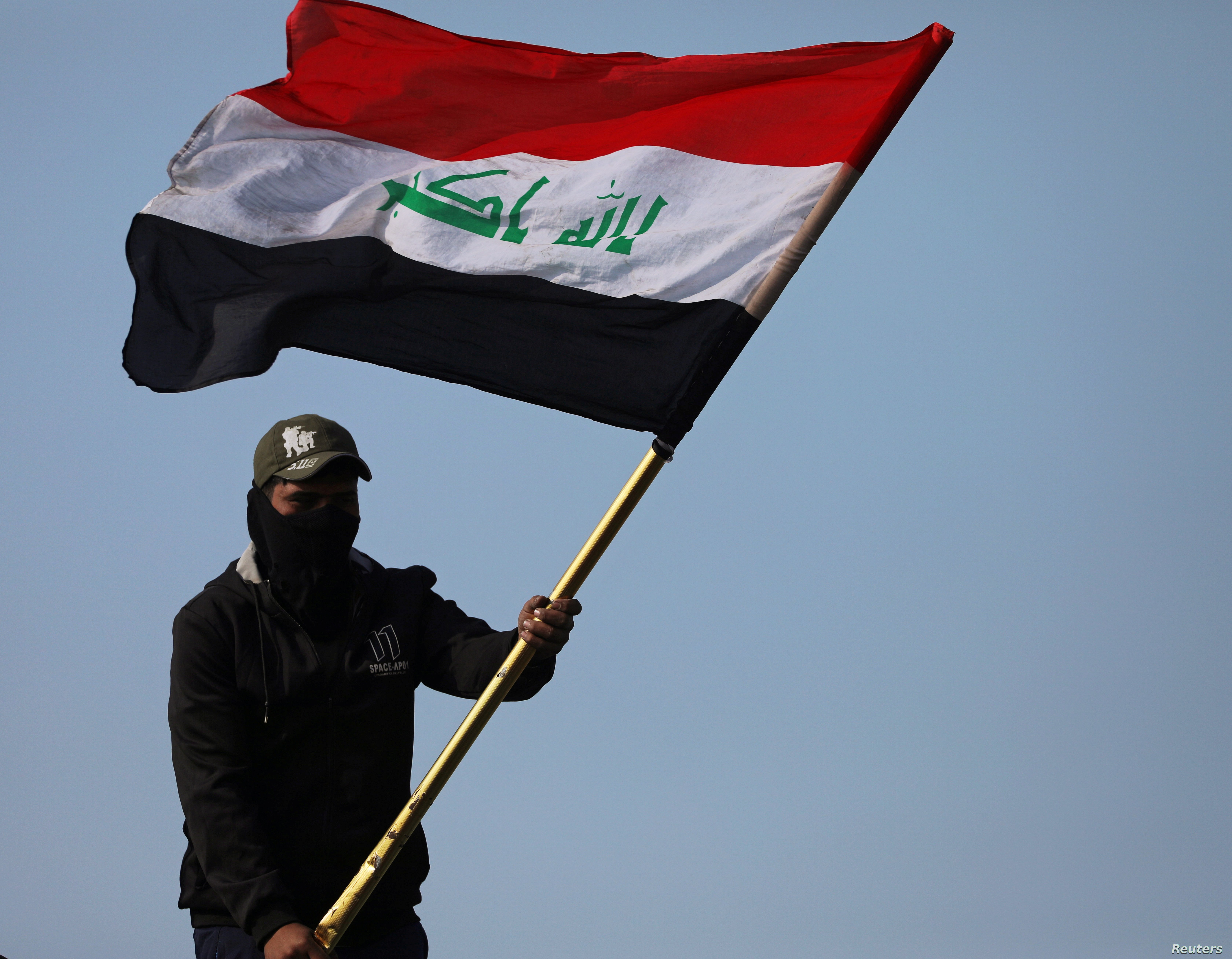October 22, 2025
The Iraqi Observatory for Human Rights (IOHR) said that the ongoing electoral campaigns ahead of the 2025 parliamentary elections are witnessing an alarming increase in legal and ethical violations that undermine the principle of equal opportunity and weaken the integrity of the electoral process. IOHR warned that the continuation of these practices, without legal deterrence or effective field monitoring, will erode public trust in Iraq’s democratic process.
Free and fair elections are not merely a political exercise but a fundamental human right enshrined in Article 20 of the Iraqi Constitution, and affirmed by Article 25 of the International Covenant on Civil and Political Rights (ICCPR), which guarantees every citizen the right to participate in the conduct of public affairs and to freely choose their representatives without coercion, discrimination, or exploitation.
These elections represent a critical test of the Iraqi authorities’ commitment to principles of justice, transparency, and respect for the popular will.
Through its field teams, IOHR recorded more than 120 electoral violations across 11 provinces, including premature campaigning, misuse of public funds, use of state resources for campaign purposes, and violations in advertisement placement.
Some candidates and political entities launched their campaigns before the official start date announced by the Independent High Electoral Commission (IHEC), in clear violation of Article 2 of Campaign Regulation No. (4) of 2025, which stipulates that electoral campaigning begins only upon official authorization and ends 24 hours before the start of special voting.
IOHR also reported that several campaigns engaged in excessive spending, exceeding the legal limits set by Spending Instruction No. (5) of 2023. These practices exemplify the use of dirty political money, eroding electoral integrity and transforming democratic competition into a contest of wealth and influence rather than one of ideas and programs.
Misuse of Public Spaces and State Institutions
IOHR field observers reported widespread posting of campaign materials in unauthorized public areas, including walls, sidewalks, and parks. These actions can damage infrastructure and distort the urban landscape. Campaign posters were also placed less than 100 meters from polling centers, in direct violation of Article 5 of the campaign regulations.
IOHR also documented instances of government buildings and public facilities being used for campaign purposes, such as hanging candidate posters or hosting campaign events inside official offices. These practices constitute a clear violation of the principle of state neutrality, as stipulated in the Amended Elections Law No. (12) of 2018, and undermine public confidence in the impartiality of state institutions.
Escalation of Hate Speech and Political Polarization
According to IOHR, one of the most alarming trends during this campaign cycle has been the rise of sectarian and nationalist hate speech by certain candidates and political alliances, both in traditional media and across social media platforms.
Such rhetoric violates Article 38 of the Iraqi Constitution, which guarantees freedom of expression without compromising public order or morality, and also breaches Articles 19 and 20 of the ICCPR, which prohibit incitement to hatred and violence.
This inflammatory language threatens social peace and turns the electoral process into a dangerous arena of communal polarization, undermining democratic competition and further destabilizing Iraq’s fragile political environment.
IOHR documented coordinated online smear campaigns against a number of independent female candidates on social media, using discriminatory and sexist language intended to discourage their participation.
These practices violate Iraq’s obligations under the Convention on the Elimination of All Forms of Discrimination against Women (CEDAW), ratified in 1986, and contradict Article 25 of the ICCPR, which guarantees equal participation in public and political life.
IOHR noted that the Independent High Electoral Commission has not yet fully activated the field monitoring mechanisms outlined in Articles 24, 25, and 26 of Campaign Regulation No. (4) of 2025.
This lack of oversight has allowed violations to proliferate unchecked, without timely investigation or enforcement.
Furthermore, no public data has been released regarding candidates’ campaign expenditures or the penalties imposed on violators. This situation could undermine transparency and heighten the risk of recurring violations during the pre-election silence period.
These recurring violations are not merely procedural irregularities; they contravene Iraq’s international commitments, including the 2019 Universal Periodic Review (UPR) recommendations of the UN Human Rights Council, which urged Iraq to safeguard electoral integrity, strengthen the independence of the IHEC, and curb the influence of political financing.
IOHR warns that continued misconduct may further erode voter participation, particularly among young people who constitute more than 60% of the electorate. Preliminary surveys conducted by IOHR indicate that many young Iraqis are increasingly “losing faith in the value of voting” due to perceived unfairness in campaign practices.
IOHR Recommendations
In light of the above findings, the Iraqi Observatory for Human Rights calls for:
The establishment of active field monitoring committees to enforce Campaign Regulation No. (4) of 2025, in coordination with civil society organizations.
The immediate imposition of fines on candidates and entities that violate campaign regulations, particularly regarding the timing and placement of advertisements.
Strengthened financial oversight of campaign spending and funding sources, including mandatory submission and disclosure of accurate financial reports by candidates.
A prohibition on the use of state institutions and public facilities for campaign purposes, ensuring the neutrality of the state.
Legal accountability for individuals and entities promoting hate speech or sectarian rhetoric in campaign materials.
Protection of women candidates and independent candidates from defamation or discriminatory attacks, guaranteeing equal and free participation.
The publication of periodic reports by the IHEC detailing campaign violations and the corresponding enforcement measures to enhance transparency.




